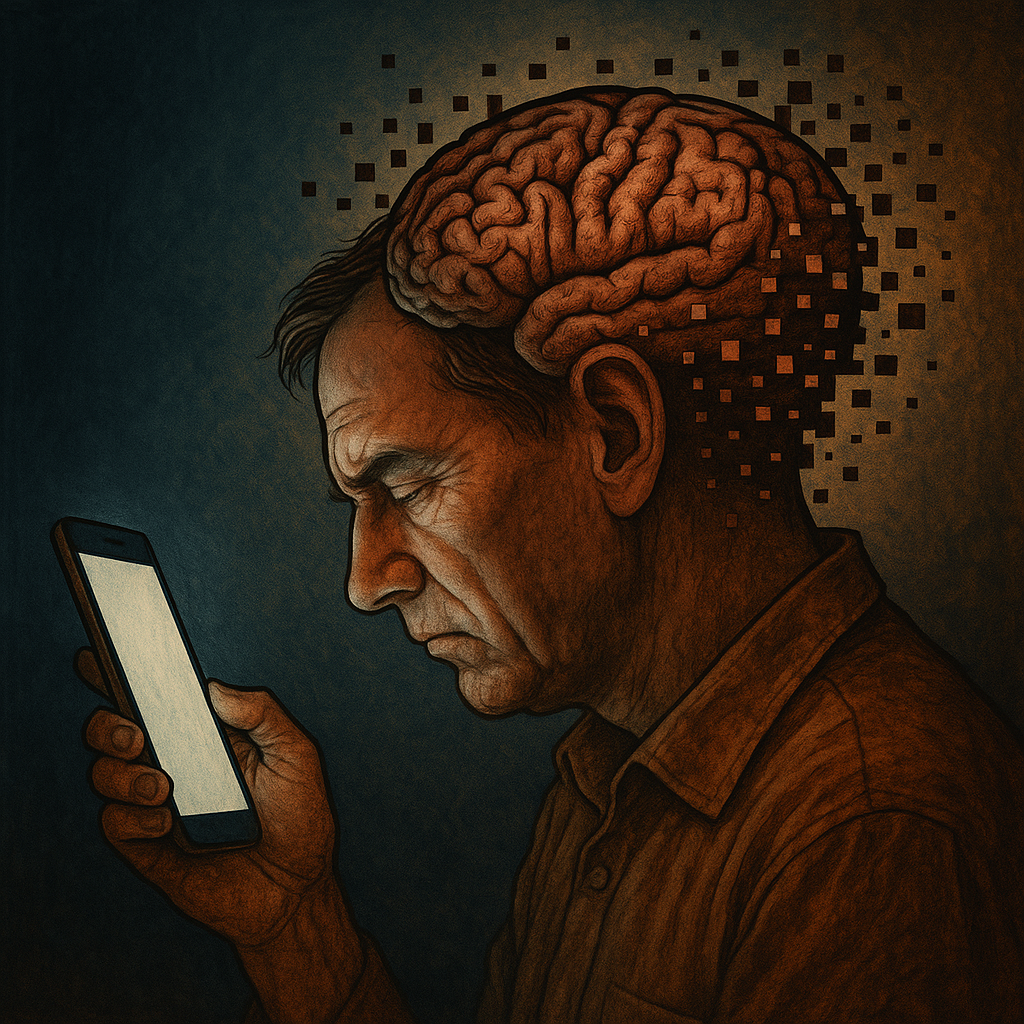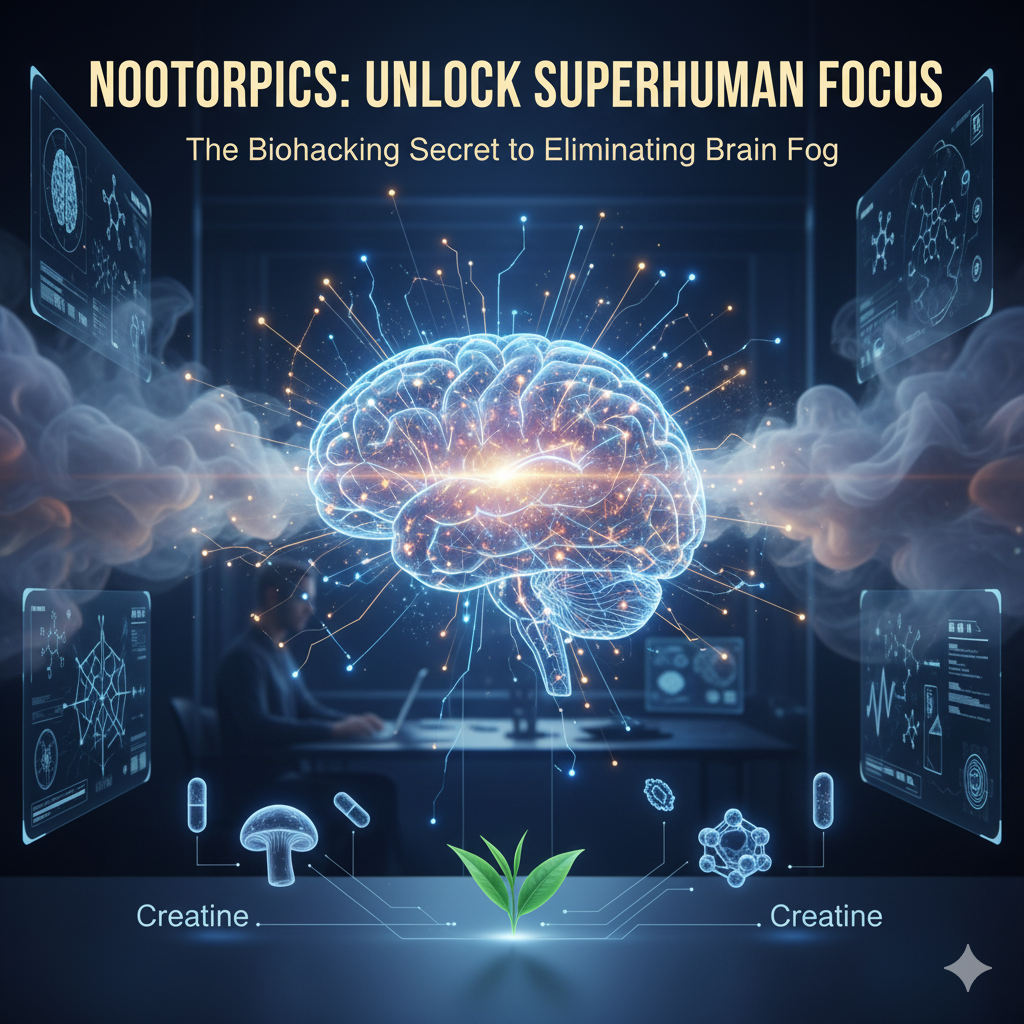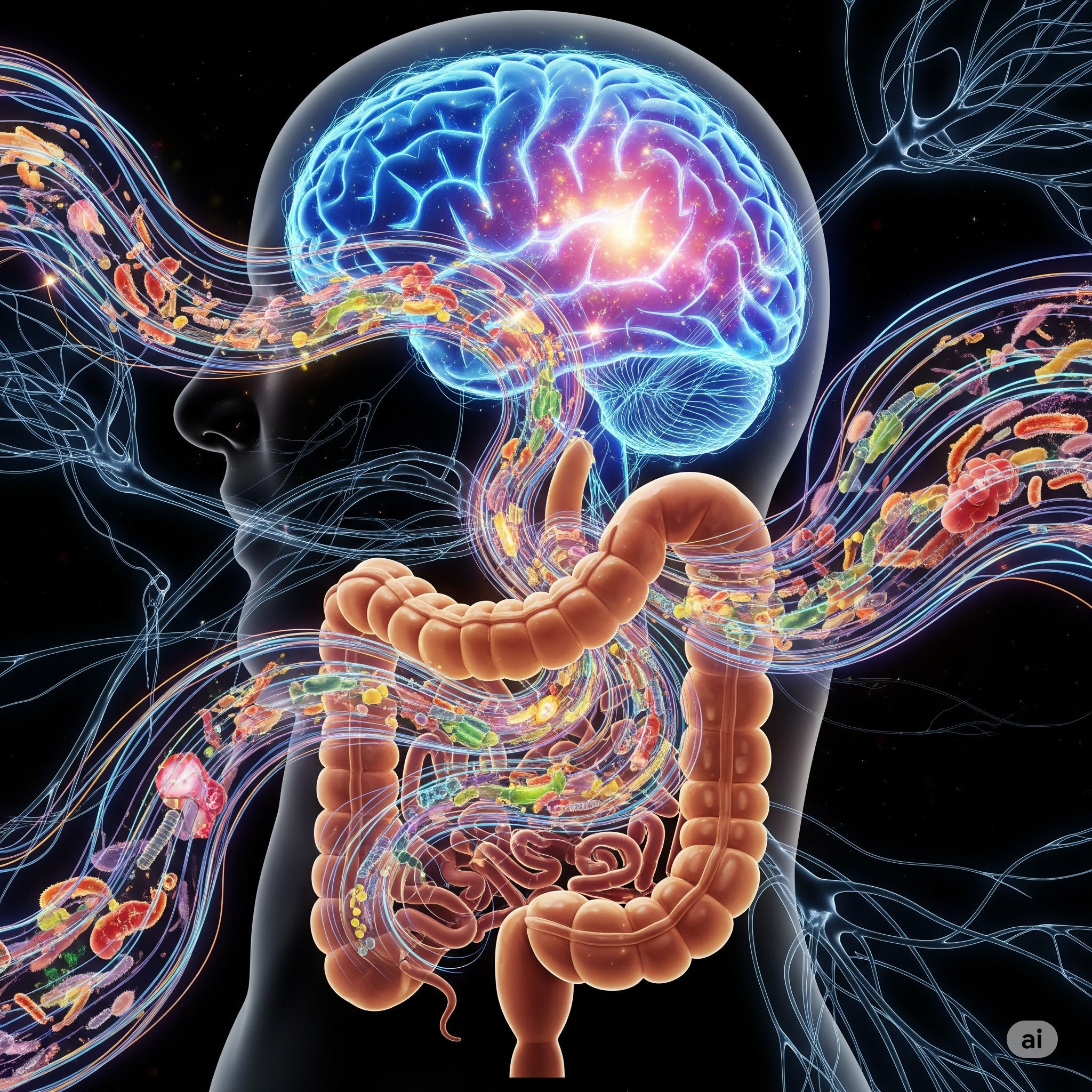Introduction
Do you ever walk into a room and forget why you went there? Or find yourself constantly checking your phone for reminders, appointments, or even directions to your own home? You’re not alone—and you might be experiencing something researchers are beginning to call “digital dementia.” This term refers to a decline in cognitive abilities due to overuse of digital technology, especially smartphones and screen-based multitasking. While not an official diagnosis (yet), the concept is stirring concern among neuroscientists and mental health professionals.
In this article, we’ll dive into the science behind memory, attention, and technology’s role in shaping (or eroding) our cognitive landscape. Can modern tools designed to help us think actually be making us think less? Are we outsourcing our brains? And most importantly—what can we do about it?
1. What Is Digital Dementia?
“Digital dementia” is a term first coined by German neuroscientist Manfred Spitzer to describe cognitive decline—particularly in memory and attention—linked to digital overuse. Although “dementia” typically refers to neurodegenerative disorders like Alzheimer’s, Spitzer used the term metaphorically to warn about a trend: younger people showing signs of memory loss and reduced focus, symptoms more commonly seen in older adults.
Common symptoms associated with digital dementia include:
- Short-term memory problems
- Difficulty concentrating
- Mental fatigue and brain fog
- Emotional dysregulation
- Reduced spatial navigation skills
Let’s explore how screen time and digital habits contribute to these problems.
2. How Smartphones Hijack the Brain
Your brain has limited bandwidth. Each notification, app-switch, or scroll burns a bit of your attentional energy. Studies show that multitasking on screens doesn’t just lower performance—it actually changes the structure and chemistry of the brain.
📱 Multitasking Overload
Research from Stanford University found that chronic multitaskers—especially digital ones—show less cognitive control, poorer working memory, and greater distractibility.
🧠 Hippocampus vs. Striatum
Neuroscientific studies have shown that reliance on GPS navigation, for example, activates the caudate nucleus (habit system) instead of the hippocampus, the part responsible for memory formation and spatial navigation. Over time, this leads to hippocampal atrophy—similar to early-stage dementia.
3. The Philosophical Angle: Outsourcing the Self
Let’s pause and reflect philosophically: What is memory to the self? In phenomenology, memory is more than a cognitive process—it’s the thread of continuity that binds our identity over time. When we externalize memory (to notes, reminders, cloud storage), are we also externalizing the self?
French philosopher Paul Ricoeur warned that memory is fragile and essential to personal identity. By “outsourcing” it to machines, we may gain efficiency but lose intimacy with our own inner narrative. What happens when your own life story becomes unreadable to you without technology?
4. Are We Training the Brain to Be Lazy?
The “use it or lose it” principle in neuroscience holds true: the more you rely on digital tools to remember, calculate, or even think for you, the less your brain is required to do the job. This is called “cognitive offloading.”
One study in the Journal of Experimental Psychology showed that participants who expected to be able to retrieve information later via a digital device were less likely to remember it.
Another study in Nature Communications (2022) found that repeated use of smartphones to offload tasks actually weakened participants’ internal memory strategies over time.
5. How Children and Teens Are Uniquely Affected
The adolescent brain is highly plastic—meaning it’s still wiring up. Excessive screen time, especially passive consumption (e.g., TikTok, Instagram reels), may alter:
- Prefrontal cortex function (decision-making, impulse control)
- Attention span
- Sleep cycles (due to blue light and dopamine spikes)
A large cohort study from the NIH’s Adolescent Brain Cognitive Development (ABCD) project showed that more than 2 hours of recreational screen time per day was associated with lower scores on language and thinking testsamong children aged 9–11.
6. Emotional and Social Consequences
Digital dementia doesn’t just affect cognition—it reshapes how we feel and connect.
- Emotional blunting due to screen overexposure
- Increased anxiety and irritability from constant notifications
- Disrupted circadian rhythms, impairing sleep and mood regulation
- Reduced empathy due to less face-to-face interaction and eye contact
Our ability to reflect, empathize, and form meaningful relationships may be declining in parallel with our memory and attention.
7. Is It Reversible?
The good news? Unlike Alzheimer’s or other forms of biological dementia, digital dementia may be reversible—if caught early.
Here’s what research suggests:
✅ Cognitive Training
Mindfulness, memory exercises, and even digital detoxes can improve focus and memory within weeks.
✅ Nature and Movement
Spending time outdoors and engaging in physical activity has been shown to boost hippocampal volume and restore attentional capacity.
✅ Boredom Is Good
Let the brain wander. Daydreaming activates the default mode network (DMN), which is vital for creativity and long-term memory consolidation.
8. So What Can We Do?
You don’t have to throw away your phone. But you do have to reclaim your brain:
- Turn off non-essential notifications
- Use pen and paper for to-do lists and journaling
- Take a “tech Sabbath” one day a week
- Reconnect with analog pleasures: books, music, long conversations
- Practice mindfulness and deep breathing techniques
- Keep your phone out of reach while sleeping and studying
Conclusion
Technology is a powerful servant—but a dangerous master. While digital tools can enhance productivity and convenience, they also come with a cognitive price tag. By becoming more intentional in how we use them, we can protect the integrity of our memory, identity, and mental health.
Digital dementia may not be an official diagnosis, but it’s a real wake-up call. The more we learn to live withtechnology instead of through it, the sharper, saner, and more connected we’ll remain.


